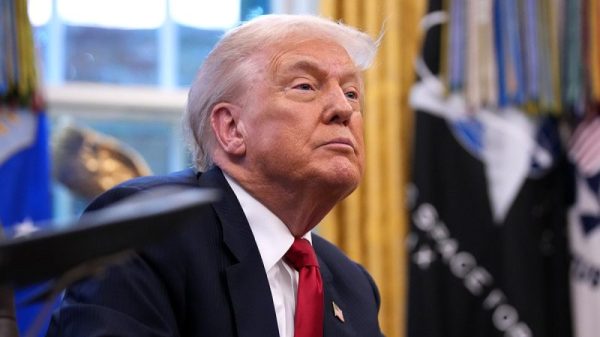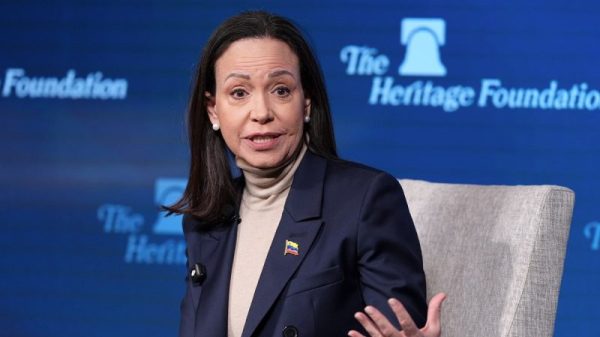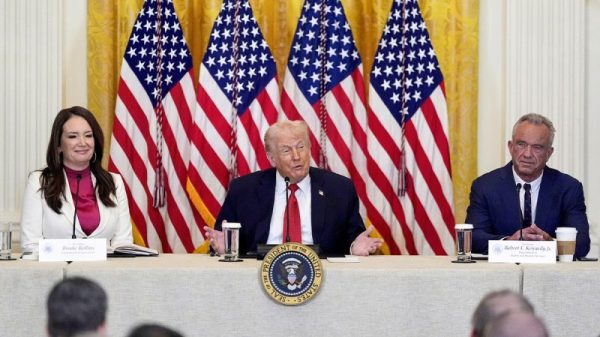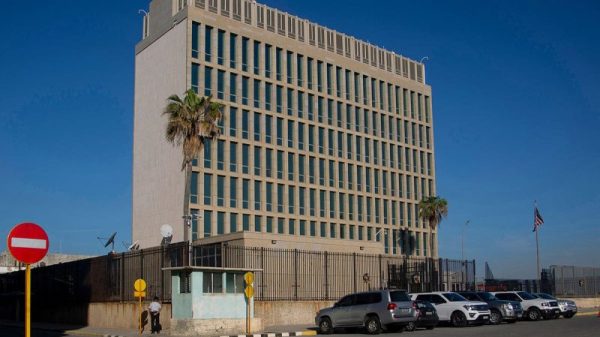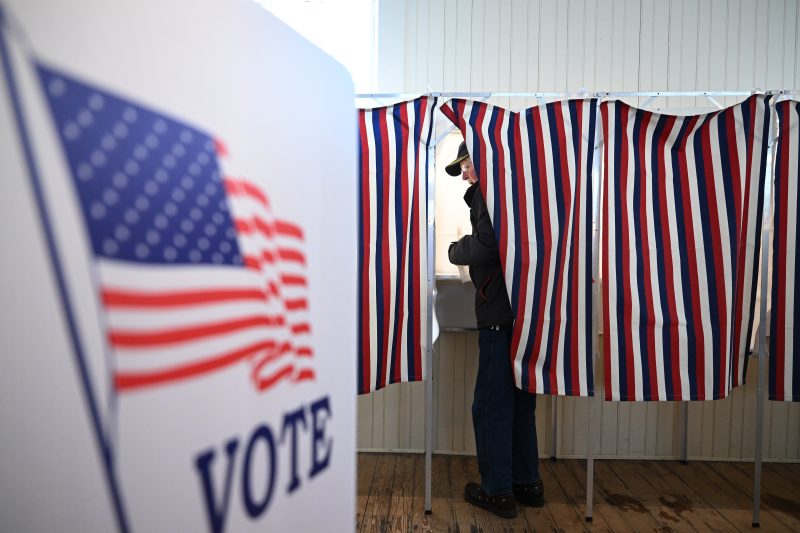The National Popular Vote Plan vs. the Undemocratic Electoral College
Advocates and opponents of the National Popular Vote plan and the Electoral College have engaged in a fierce debate over which system better reflects the will of the American people and promotes a fair and democratic election process. The National Popular Vote plan aims to reform the current electoral system by effectively eliminating the Electoral College and ensuring that the presidential candidate who receives the most votes nationwide wins the election. While proponents argue that this would make the system more democratic, opponents believe it undermines the Founding Fathers’ intentions and could have unintended consequences.
One of the core arguments in favor of the National Popular Vote plan is that it would ensure that every vote counts equally, regardless of the state in which a voter resides. Currently, under the Electoral College system, voters in swing states receive disproportionate attention from candidates, while those in reliably red or blue states often feel their votes are less significant. By implementing a national popular vote, every vote would carry the same weight, and candidates would need to appeal to voters nationwide, rather than focusing on a few battleground states.
Moreover, proponents of the National Popular Vote plan argue that it would encourage voter turnout and engagement by making the election outcome more transparent and straightforward. With a clear winner determined by the popular vote, voters may feel more motivated to participate, knowing that their vote directly contributes to the national outcome. Additionally, eliminating the Electoral College could reduce the risk of a candidate winning the presidency without securing the popular vote, as has happened in several past elections.
On the other hand, opponents of the National Popular Vote plan raise concerns about the potential consequences of abolishing the Electoral College. Critics argue that the Electoral College serves as a check against majority tyranny and protects the interests of smaller states by providing them with a voice in the election process. Without the Electoral College, candidates might focus solely on densely populated urban areas, neglecting the concerns and interests of rural and less populous regions.
Furthermore, opponents contend that the National Popular Vote plan could lead to heightened divisiveness and polarization in American politics. By shifting the focus to a single national popular vote, the plan could exacerbate regional and partisan divisions, as candidates may be incentivized to appeal only to their base, rather than seeking broad-based support across different demographic groups and regions.
In conclusion, the debate between supporters of the National Popular Vote plan and defenders of the Electoral College reflects a fundamental tension in American democracy between majority rule and the protection of minority interests. While the National Popular Vote plan offers the potential for a more direct and inclusive electoral system, critics warn of unintended consequences that could weaken the fabric of the nation. As the discussion continues, it is essential to consider the long-term implications of any proposed changes to the electoral process and strive to uphold the principles of fairness, representation, and democratic governance.







